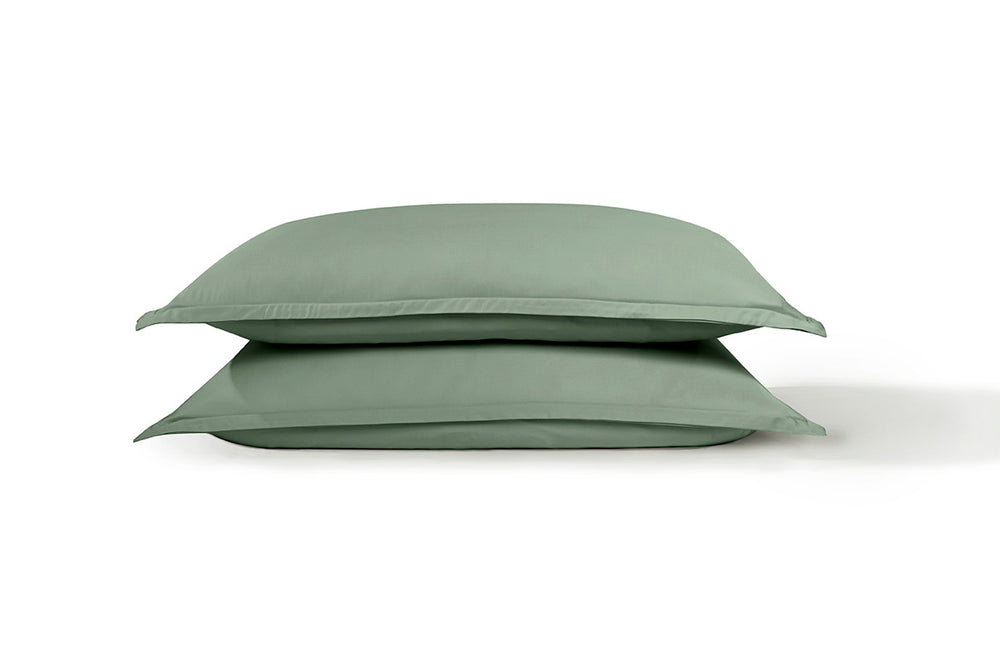9 Relaxing Activities to Help You Unwind Before Bedtime
We’ve all been there lying wide awake after a long day and getting increasingly frustrated with not being able to fall asleep. Having one bad night of sleep isn’t that bad, but if you’re chronically sleep-deprived, it can make you feel stressed and exhausted every day.
If you want to find a solution before your lack of sleep starts affecting your life, you should start with your bedtime routine.
Scrolling social media, binge-watching a new Netflix show, or answering work emails in the evening are some habits that commonly affect our ability to fall asleep.
In this article, we cover the best relaxing activities that can quiet your mind and prepare your body for sleep. That way, you’ll be able to fall asleep more quickly and wake up refreshed.

1. Read a Book
Reading a book is the number one tip for a reason – it works.
Unlike screens, which bombard you with blue light and keep your brain buzzing, a good old-fashioned book gently eases you into sleep mode. In fact, one trial determined that reading a book before bed had a positive impact on self-assessed sleep quality.
The good news is that you don’t have to pick something boring to put you to sleep.
Historical fiction, light fantasy, or even a heartwarming biography can whisk you away from the day’s stresses. You can try poetry or short stories if that’s more your jam. The trick is to choose something you like and let the pages do their magic while you drift asleep.
2. Take a Warm Bath
There’s nothing quite like a warm bath to melt away the day’s stress. The warm water soothes tense muscles, improves circulation, and signals to your body that it’s time to relax.
According to a 2023 study, a warm bath before bed is a great way to fall asleep faster and experience better sleep at night.
To make your bath even more relaxing, add a few drops of essential oils like lavender or chamomile, which are known for their calming properties. Bath salts can also help to relax muscles and the body.
3. Listen to Nature Sounds or Relaxing Music
Listening to soothing music or nature sounds can improve mood, reduce stress, and enhance well-being. As a result, you may find it easier to fall asleep.
Natural sounds like rainfall, ocean waves, or a gentle forest stream transport you to a serene place, helping to quiet your mind and release tension. Similarly, relaxing music with slow tempos and soft melodies calms your brain, slowing your heart rate and lowering stress hormones.
You can play your favorite relaxing playlist or use an app like Calm or Headspace. These apps offer various nature sounds and relaxation playlists to lull you into a peaceful slumber.
4. Practice Mindfulness and Meditation
Mindfulness and meditation are excellent tools for calming the mind and preparing for a restful night’s sleep. These practices help you stay present, reduce anxiety, and let go of the tension that has built up throughout the day.
According to a 2018 systemic review and meta-analysis, mindfulness meditation can help improve sleep quality.
For beginners, start with simple meditation techniques such as focusing on your breath or practicing body scan meditation, which involves mentally scanning your body for areas of tension and relaxing them.
You can also use mindfulness apps like Calm, Headspace, and Insight Timer, which offer guided meditations to help you relax.
5. Engage in a Creative Hobby
Diving into a creative hobby like drawing, knitting, or playing a musical instrument can be a fantastic way to unwind before bedtime. These activities offer a relaxing escape from daily stress and allow your mind to focus on something enjoyable and calming.
Drawing or coloring can be incredibly therapeutic because it helps you express emotions and reduce anxiety.
Knitting or crocheting keeps your hands busy and promotes a meditative state, as the repetitive motions are rhythmic and soothing.
Playing a musical instrument is an excellent outlet for stress, letting you lose yourself in the melodies and rhythms.
The key is to find something you love that makes you feel good. As a result, it will be much easier to fall asleep.
6. Try Journaling
Writing down your thoughts and feelings can help process emotions, release pent-up stress, and provide a sense of relief. It’s like having a conversation with yourself, which allows you to offload worries and gain clarity.
Here are a few practical tips you can use if you want to try journaling:
- Make a gratitude list: Write down a few things you’re grateful for each night. This simple practice can shift your focus from stress to positivity, promoting a sense of contentment.
- Reflect on your day: Spend a few minutes writing about your day. Reflect on what went well, what didn’t, and what you learned. This practice helps you process experiences and clear your mind.
- Set plans: Write down your goals or intentions for the next day to organize your thoughts and reduce the anxiety of uncertainty.
7. Perform Deep Breathing Exercises
Deep breathing exercises can calm your nervous system, lower your heart rate, and prepare your body for sleep. Research shows that mindful breathing combined with sleep-inducing exercises can significantly improve sleep quality.
Here is a simple deep breathing exercise you can incorporate into your evening routine to help you relax:
- Inhale: Breathe in quietly through your nose for four seconds.
- Hold: Hold your breath for seven seconds.
- Exhale: Exhale completely through your mouth, making a whoosh sound for a count of eight.
- Repeat: Repeat this cycle three to four times.
8. Practice Gentle Yoga or Stretching
Gentle yoga and stretching help to calm the nervous system, improve circulation, and prepare your body for sleep. These activities incorporate slow, deliberate movements and deep breathing, which relax muscles and quiet your mind.
Stretching also helps to release tight muscles and improve flexibility, which reduces physical discomfort that often interferes with sleep.
If you’re looking for some gentle stretches or beginner yoga poses, you can try:
- Child’s pose: Kneel on the floor, sit back on your heels, and stretch your arms forward, resting your forehead on the ground. This pose gently stretches the lower back and shoulders, promoting relaxation.
- Legs up the wall: Lie on your back with your legs extended against a wall. This pose helps to reduce swelling in the legs and promote blood flow.
- Reclining bound angle pose: Lie on your back, bring the soles of your feet together, and let your knees fall open. This pose opens the hips and promotes relaxation.
9. Drink Herbal Tea
Certain herbal teas, like chamomile and peppermint, help calm your mind. That’s because chamomile acts as a mild sedative, easing anxiety and helping you fall asleep, while peppermint relaxes muscles and reduces stress.
To enjoy your tea, steep it for 5-10 minutes to fully release the beneficial compounds. Make this a nightly ritual, creating a peaceful environment as you sip. This consistent practice can signal to your body that it’s time to relax and prepare for sleep.
Don’t Forget About Your Comfort
While these relaxing activities can help you unwind and fall asleep faster, having a comfortable mattress is essential for truly restful sleep. There’s nothing more comfortable than one of our Alaskan King mattresses.
These luxurious oversize mattresses provide unparalleled comfort and support, with ample space to stretch out and move freely without disturbing your partner.
Each Alaskan King mattress is handcrafted with high-quality materials, resulting in superior durability, breathability, and pressure relief.
Get an Alaskan King mattress to unlock the ultimate restful sleep.







